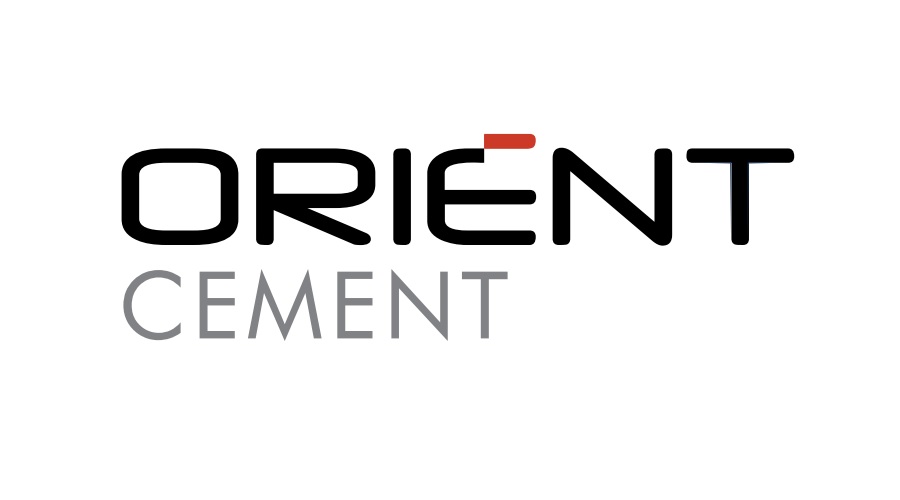Orient Cement’s Bold Move To Terminate MoU With Adani Power Maharashtra.
According to the cement manufacturer, the non-binding MoU in question has been cancelled due to the company accepting APML's position. Due to research conducted by short seller Hindenburg Research, the market value of the listed entities of the Adani Group has decreased by more than 10 lakh crore during the last three months.

Orient Cement’s Bold Move to Terminate MoU With Adani Power Maharashtra
HIGHLIGHTS:
- Orient Cement has terminated its Memorandum of Understanding (MoU) with Adani Power Maharashtra, and the reason behind this move is a matter of speculation.
- While both parties have cited “business reasons” as the cause, industry experts believe that it could be due to a disagreement over pricing.
- However, it does raise questions about the long-term sustainability of partnerships in the power and cement industries.
Orient Cement, a subsidiary of the CK Birla Group, has withdrawn its intention to establish a grinding facility with Adani Power Maharashtra. In September 2021, the companies had agreed to a non-binding Memorandum of Understanding (MoU) to “enable bona fide utilisation property” intended for the installation of a cement grinding facility in Tiroda, Maharashtra.

On Wednesday, Oriented Cement notified the stock exchange that it has “dissolved” the memorandum of understanding (MoU) with Adani Power Maharashtra to build a cement grinding facility in Maharashtra.
According to the company, the Memorandum of Understanding (MoU) between Orient Cement and Adani Power Maharashtra Ltd. has recently been terminated, which makes some of the best-quality Cement in India (APML).
The action was taken as part of Orient Cement’s plan to reduce the cost of its raw materials and increase profitability. Given the advantages of cooperation, many have been surprised by the choice. We’ll examine Orient Cement’s decision and its implications for both sides in more detail in this post.
What Is The MoU Between Orient Cement And Adani Power Maharashtra Ltd?
The MoU between Orient Cement and Adani Power Maharashtra Ltd (APML) was signed in 2018. The agreement aimed to secure the supply of fly ash, which is a by-product of APML’s thermal power plant in Maharashtra, to Orient Cement’s plant in Jalgaon. Fly ash is an essential raw material in the cement manufacturing process. Orient Cement sought to reduce its dependence on other sources of fly ash and secure a reliable supply.
According to Orient Cement, APML has requested that the business venture not proceed because “they are unable to get the needed MIDC clearances for sub-leasing the block of land required for the cement grinding unit due to various legal concerns.” Additionally, it stated, “the timelines as agreed upon as per MoU have crossed.”
According to the cement manufacturer, the non-binding MoU in question has been cancelled due to the company accepting APML‘s position. Due to research conducted by short seller Hindenburg Research, the market value of the listed entities of the Adani Group has decreased by more than 10 lakh crore during the last three months.
The Memorandum of Understanding (MoU) termination by Orient Cement comes days after Adani Power cancelled its plan to buy DB Power, six months after declaring that it would do so for Rs. 7,000 crores.
Why Did Orient Cement Terminate The MoU?
Orient Cement has stated that the termination of the MoU is part of its strategy to optimize its raw material costs and improve profitability. The company has been exploring alternative sources of fly ash and has found that it can source fly ash at a lower cost from other sources. The termination of the MoU will allow Orient Cement to reduce its costs and improve its margins.
What Are The Implications Of The Termination For Orient Cement?
The termination of the MoU with APML will allow Orient Cement to reduce its raw material costs and improve profitability. The company has stated that it will now be able to source fly ash at a lower cost from other sources, which will help it to reduce its dependence on a single supplier. This will improve the company’s resilience and reduce its exposure to supply chain risks.
Orient Cement has also stated that it remains committed to environmental sustainability and will continue to use fly ash as a key raw material in its cement manufacturing process. The company has asserted that it will work with other suppliers to ensure a reliable supply of fly ash.
What Are The Implications Of The Termination For Adani Power Maharashtra Ltd?
)
The termination of the MoU with Orient Cement is a setback for Adani Power Maharashtra Ltd (APML). The company was relying on the revenue from the sale of fly ash to Orient Cement to offset the cost of disposing of the by-product. With the termination of the MoU, APML will need to find other buyers for its fly ash or find alternative ways to dispose of the by-product. This may increase the cost of running the thermal power plant and could impact the company’s profitability.
However, APML has stated that it remains committed to environmental sustainability and will continue to explore opportunities to sell its fly ash to other buyers. The company has indicated that it is confident in finding other buyers for its fly ash.
What Does The Termination Of The MoU Mean For The Cement Industry?
Cement production in India is unlikely to be significantly affected by Orient Cement and APML’s decision to end their Agreement. Fly ash is a necessary component of the raw materials used to make cement, although many different suppliers are on the market. The MoU’s cancellation is unlikely to dramatically impact the supply chain for cement makers in India, which have been looking into alternate fly ash sources.
However, the termination of the MoU does highlight the importance of securing reliable sources of raw materials in the cement industry. Cement manufacturers need to have a resilient supply chain to ensure uninterrupted production and minimize the impact of supply chain disruptions.
Edited by Prakriti Arora





